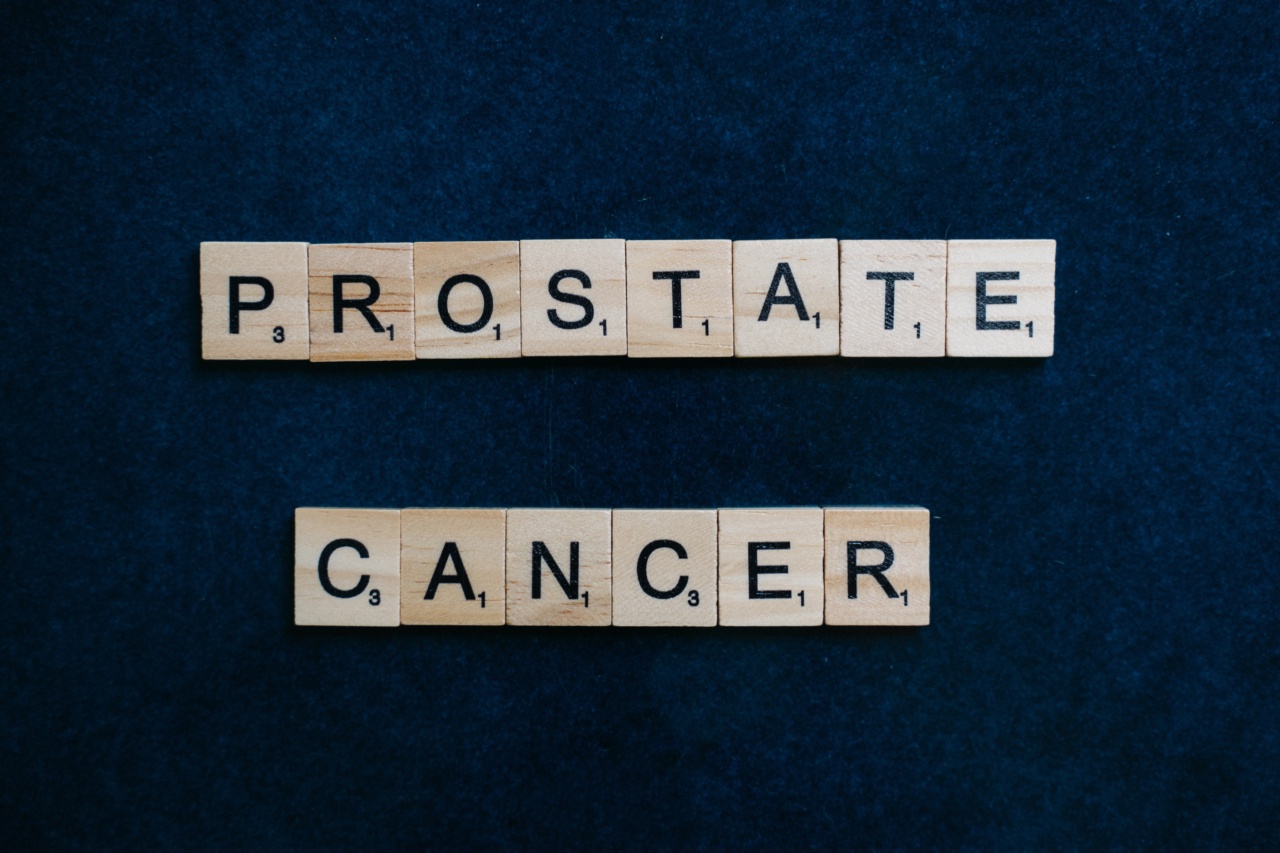Prostate cancer is one of the most common forms of cancer among men, with over 190,000 new cases diagnosed each year in the United States alone.
While genetic and lifestyle factors have long been associated with prostate cancer risk, recent research has uncovered a surprising link between sleep patterns and the likelihood of developing this disease. In this article, we will explore the connection between sleep and prostate cancer, the potential mechanisms behind this relationship, and what steps individuals can take to reduce their risk.
The Importance of Sleep
Sleep is a vital component of overall health and well-being. During sleep, the body repairs and rejuvenates various systems, including the immune system, cardiovascular system, and the brain.
Insufficient or poor-quality sleep has been linked to numerous health problems, including obesity, diabetes, heart disease, and cancer.
Understanding Prostate Cancer
Prostate cancer occurs when abnormal cells develop in the prostate gland, a walnut-sized organ located just below the bladder in men.
It is the second most common cause of cancer-related deaths among men, with age and family history being primary risk factors. However, recent studies suggest that sleep patterns, particularly those involving poor sleep quality or disrupted circadian rhythms, may also contribute to prostate cancer risk.
The Prostate-Sleep Connection
Several large-scale research studies have found a significant association between sleep disturbances and the development of prostate cancer.
One study published in the International Journal of Cancer examined the sleep patterns of over 2,000 men and found that those who reported difficulties falling asleep or staying asleep had a higher risk of developing prostate cancer. Another study published in the journal Cancer Epidemiology, Biomarkers & Prevention followed more than 3,000 men over a 30-year period and found a connection between frequent sleep problems and an increased risk of aggressive prostate cancer.
Possible Mechanisms
While the exact mechanisms underlying the link between sleep and prostate cancer remain unclear, researchers have proposed several potential explanations.
One theory suggests that poor sleep quality may suppress the immune system, impairing its ability to detect and eliminate cancer cells.
Additionally, disruptions in the body’s circadian rhythm, commonly experienced by individuals with irregular sleep patterns, may impact the production and regulation of hormones, such as melatonin, which play a critical role in cancer prevention.
Sleep Deprivation and Hormonal Imbalance
Studies have shown that chronic sleep deprivation can lead to hormonal imbalances, particularly in the levels of testosterone and estrogen. Testosterone plays a crucial role in prostate development and regulating the growth of prostate cells.
Disruptions in testosterone balance may increase the likelihood of prostate cell abnormalities and the development of cancerous tumors. Furthermore, reduced melatonin production due to insufficient sleep or irregular sleep-wake cycles may disrupt the body’s natural tumor-suppressing mechanisms.
Managing Sleep for Prostate Health
Given the emerging evidence linking sleep patterns to prostate cancer risk, it is important for men to prioritize healthy sleep habits as part of their overall prostate health strategy.
Here are some tips to improve sleep quality and reduce the potential risk of developing prostate cancer:.
1. Establish a Consistent Sleep Schedule
Go to bed and wake up at the same time every day, even on weekends. Setting a regular sleep schedule helps regulate the body’s internal clock and promotes better overall sleep quality.
2. Create a Soothing Sleep Environment
Make sure your bedroom is dark, quiet, and cool. Use blackout curtains, earplugs, or a white noise machine if necessary to create a peaceful sleep environment.
3. Limit Exposure to Electronic Devices
Avoid using electronic devices such as smartphones, tablets, and laptops in the hour leading up to bedtime. The blue light emitted by these devices can disrupt melatonin production and interfere with sleep patterns.
4. Practice Relaxation Techniques
Engage in relaxation techniques such as deep breathing, meditation, or gentle stretching before bed to calm the mind and prepare the body for sleep.
5. Exercise Regularly
Engaging in regular physical activity, such as walking, jogging, or cycling, can promote better sleep quality. However, avoid exercising too close to bedtime, as it may increase alertness and make it harder to fall asleep.
6. Limit Caffeine and Alcohol Consumption
Avoid consuming caffeine-containing beverages or alcohol close to bedtime. Both substances can disrupt sleep patterns and decrease sleep quality.
7. Seek Treatment for Sleep Disorders
If you suspect you have a sleep disorder, such as insomnia or sleep apnea, seek medical attention. Proper diagnosis and treatment of sleep disorders can significantly improve sleep quality and reduce associated health risks.
Conclusion
While further research is needed to fully understand the complex relationship between sleep patterns and prostate cancer risk, current evidence indicates a clear association.
By prioritizing healthy sleep habits and making lifestyle modifications to improve sleep quality, individuals can potentially reduce their risk of developing prostate cancer. If you are concerned about your prostate health or sleep patterns, consult with a healthcare professional for personalized advice and guidance.





























